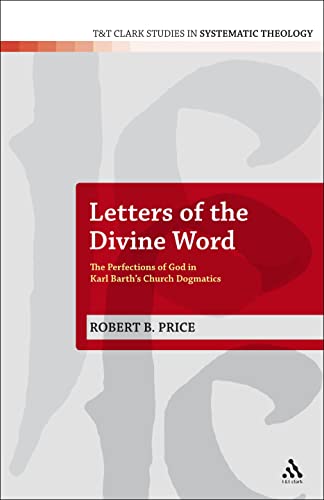For over three hundred years, the writings of John Owen have been prized among the greatest theological literature ever produced in English. A theological giant of his time, Owen was the author of dozens of theological treatises covering the full scope of Christian doctrine. He was widely read and appreciated for his exegetical and theological meticulousness, as well his adroitness in polemics and argumentation. For many, Owen’s work defines the high-water mark of Reformed Scholastic theology.
Unfortunately, when Owen is read today, it is rarely to draw on the full range of his thought across the spectrum of Christian dogmatics, but more typically to derive benefit from this or that reflection on the Christian life. And though his works have been collected and published in various stages of completion since at least 1721, the depth of his insight has often been obscured under the sheer breadth of his writings and, of course, beneath his (in)famously obese style of prose. Consequently, Owen is often passed over for the more simple and colloquial style of Calvin. And yet Owen’s works are brimming with largely untapped insights into many places where Calvin’s theology tended to lack definition or specificity, most notably in the case of the doctrine of the Trinity.
Hopefully, the recent digitalizing of Owen’s works by Logos Bible Software will help to right this wrong. Based on the 1862 edition published by Johnstone & Hunter and edited by William H. Goold, the collection includes all seventeen volumes of Owen’s collected occasional writings. This includes the somewhat elusive, though for the specialist indispensable, original Latin text of Theologoumena Pantodapa, an important treatise on the nature of theology, theological method, and the history of redemption, which was not included in the more recent Banner of Truth publication of Owen’s works. The collection also includes the seven volumes of Owen’s assiduously researched theological commentary An Exposition of the Epistle to the Hebrews.
Having never used Logos before but having been familiar with programs like BibleWorks and Accordance, I found the program design to be relatively simple and easy to use, though I did benefit from watching the instructional videos on the website. The program is available on both PC and Mac, and now also available for the iPhone and iPad, giving fewer reasons than ever to fundamentalists of the pencil and page, like myself, to resist the dawning of a new age.
But Logos wants you to think of it as a library, more than a Bible program—and as far as libraries go, they offer more books than you have shelf space. The chief benefit of buying books through Logos is that, unlike your home or office library, your digital library is portable and digitally indexed, enabling you to search or quickly cross-reference between books in your library. And there can be little doubt that the ability to sift through large amounts of material to find paragraphs with the greatest topical relevance or to locate the occurrence of any exact phrase is a huge advantage, especially for busy pastors and serious theological students. Furthermore, the ability to quickly reference dictionaries ostensibly minimizes the linguistic barrier for those without Greek and Hebrew interested in approaching authors like Owen, who make liberal use of the languages.
Of course, this functionality increases in usefulness in proportion to your investment in the platform, and so some users will want to purchase sets of books, like Owen’s works, alongside one of Logos’ base packages, which come with an assortment of biblical texts, commentaries, and reference works. Invest carefully, though. Digital books are cheap, and they live forever; but natural selection has its place in literature, too. Many of the books that digital publishers use to pad these library packages have always walked with a limp, and some of them deserve to die from the herd.
At $399, the collection of Owen’s Works is roughly the same price as buying the hardback Banner of Truth edition brand new, but with the obvious benefits of portability and searchability.
I, myself, am something of a fundamentalist of the pencil and page, but as a PhD student researching the theology of John Owen, these kinds of features are critical. It is not unrealistic to think that in the near future Internet technology will provide these kinds of features and functionality for free, but until then those who depend on this technology cannot do better than Logos.
Timothy Baylor
Timothy Baylor
King’s College
University of Aberdeen, Scotland, UK
Other Articles in this Issue
The gist of this new book by Peter Enns is that evangelicals should revise their expectations of Genesis and Paul—with reference to Adam and the fall—in order to relieve perceived tensions between Christianity and evolution...
In June 2011, the Presbyterian Church in America (PCA) passed an overture entitled, “A Call to Faithful Witness...
I was very grateful to David for sending me a copy of his essay before publication...
Is it stating the obvious to say that a children’s bible is not a Bible? Perhaps...
Sacramental Supersessionism Revisited: A Response to Martin Salter on the Relationship between Circumcision and Baptism
by David GibsonMartin Salter has recently argued that Reformed paedobaptists are mistaken in citing Col 2:11–12 ‘as evidence that baptism replaces circumcision as the covenant sign signifying the same realities...






